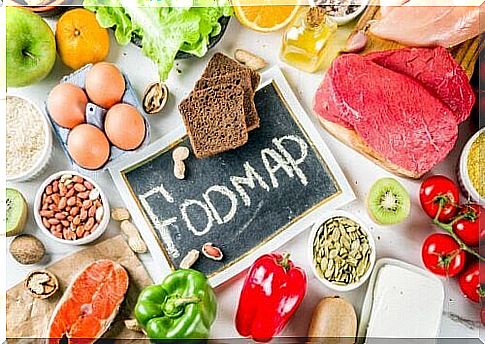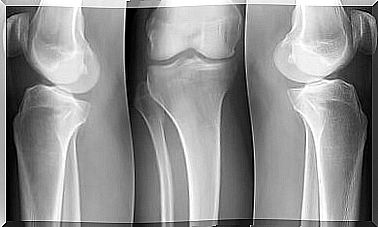5 Diets Compatible With Science

it can be difficult to know whether we are talking about science-compatible diets or simply fad diets.
Diets compatible with science
1. DASH diet
US National Institutes of Health in order to reduce the problem of high blood pressure
It is rich in fruits and vegetables, low-fat milk and dairy products,
Scientific studies have demonstrated the effectiveness of the DASH diet in lowering blood pressure compared to a typical low-sodium American diet.
2. Intermittent fasting 8/16

Throughout history this method has been used for healing purposes. Intermittent fasting is a dietary protocol in which the total daily intake is distributed over an 8-hour window, and a 16-hour fast is performed daily.
Part of that 16 hours is spent sleeping; ,Food guidelines
concentrate your intake at certain times of the day.
weight loss and improved body composition. have been reported in studies and reviews on the subject.
3. Vegan diet
the vegan diet is one of the best known.
Proof of this is the positioning of in relation to vegetarian and vegan diets
a study published in the journal Nutrients ,
- cardiovascular problems
- Arterial hypertension
- Obesity
plant-based diets are more sustainable for the environment. exclude all types of animal products
4. Low FODMAP Diet

The low FODMAP diet is especially suitable for people suffering from irritable bowel syndrome.
fermentable oligosaccharides, disaccharides, monosaccharides and polyols.
it is essential to follow it under the supervision of a specialized nutritionist
- Abdominal pain
- Flatulence or gas
- Swelling
- Constipation.
5. Low-carbohydrate diet
it is based on reducing carbohydrate consumption, usually below 40% of the total calories ingested.
diet with a very low consumption of carbohydrates
Carbohydrates must come from vegetables, legumes and whole grains,
In most studies they offer better weight loss results than low-fat diets.
it is always advisable to consult a nutritionist









